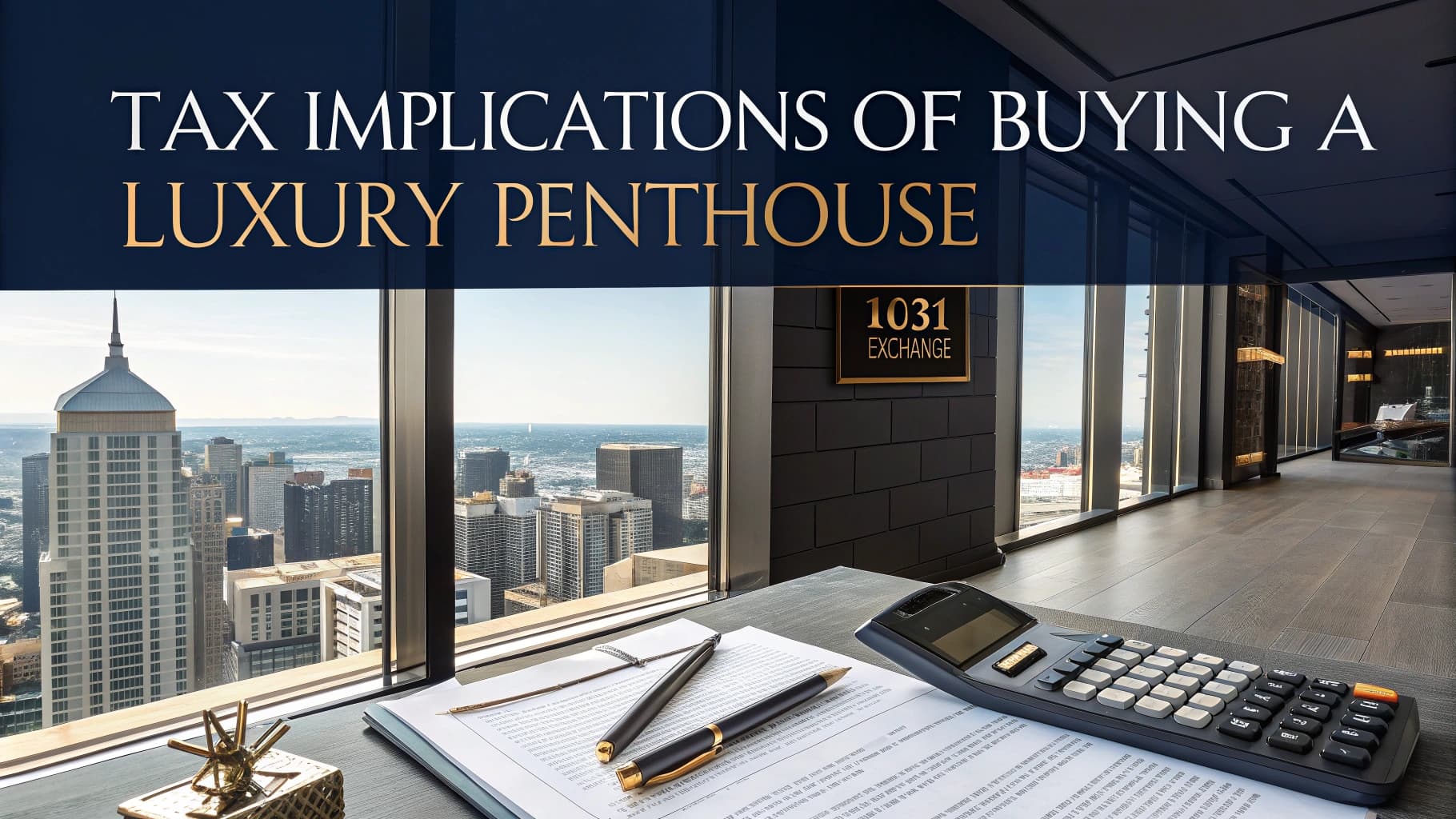Navigating the luxury real estate market can be both exhilarating and daunting. As I delve into this exclusive realm, I find that it is characterized by unique properties, affluent buyers, and a distinct set of market dynamics. The luxury segment often includes high-end penthouses, sprawling estates, and waterfront villas, each boasting exceptional amenities and prime locations.
The allure of luxury real estate lies not only in its opulence but also in its potential for investment appreciation. I have observed that the demand for luxury properties tends to be less sensitive to economic fluctuations compared to the broader real estate market, making it an attractive option for discerning investors. In my exploration of this market, I have come to appreciate the importance of understanding buyer motivations.
Many affluent individuals seek luxury properties not just as homes but as status symbols and investment vehicles. The desire for exclusivity, privacy, and unparalleled views often drives buyers to consider penthouses in prestigious urban centers. Additionally, the luxury market is influenced by global trends, such as foreign investment and changing lifestyle preferences.
As I analyze these factors, I realize that staying informed about market trends and buyer behavior is crucial for anyone looking to make a successful investment in luxury real estate.
Tax Considerations for Purchasing a Luxury Penthouse
Transfer Tax: A Significant Addition to Closing Costs
The initial purchase price is just one aspect of the overall financial picture. I must also account for various taxes that can significantly impact my investment. One of the first taxes I encounter is the transfer tax, which varies by location and can add a substantial amount to my closing costs.
Property Taxes: A Significant Factor in Luxury Markets
Understanding these taxes is essential for budgeting effectively and ensuring that I am prepared for the financial obligations that come with such a high-value purchase. Moreover, I have discovered that property taxes can be particularly significant in luxury markets. These taxes are typically based on the assessed value of the property and can fluctuate based on local tax rates and property valuations.
Research and Negotiation: Key to a Confident Investment
As I consider my options, I realize that it is vital to research the specific tax implications in the area where I plan to buy. This knowledge not only helps me make informed decisions but also allows me to negotiate better terms during the purchasing process. Ultimately, being aware of these tax considerations empowers me to approach my luxury penthouse investment with confidence.
Capital Gains Tax and Luxury Property
As I delve deeper into the financial aspects of owning a luxury penthouse, capital gains tax emerges as a critical consideration. This tax applies when I sell my property for more than its purchase price, and understanding how it works is essential for effective long-term planning. In many jurisdictions, capital gains tax rates can vary significantly based on how long I have owned the property.
For instance, if I hold onto my penthouse for more than a year before selling, I may qualify for lower long-term capital gains rates, which can lead to substantial savings. I have also learned about strategies to minimize capital gains tax liability when selling luxury properties. One approach involves utilizing a 1031 exchange, which allows me to defer capital gains taxes by reinvesting the proceeds from my sale into another like-kind property.
This strategy can be particularly advantageous in the luxury market, where properties often appreciate significantly over time. By carefully planning my exit strategy and considering potential tax implications, I can maximize my returns on investment while minimizing my tax burden.
Property Tax and Luxury Penthouse Ownership
Property tax is an ongoing expense that I must factor into my budget as a luxury penthouse owner. Unlike other taxes that may be one-time fees or contingent upon specific transactions, property taxes are recurring obligations that can impact my overall financial health. The amount I owe in property taxes is typically determined by the assessed value of my penthouse and the local tax rate.
In high-demand areas where luxury properties are prevalent, these taxes can be substantial, making it essential for me to stay informed about any changes in local tax laws or assessments. In addition to understanding how property taxes are calculated, I have found it beneficial to explore potential exemptions or deductions that may apply to luxury properties. Some jurisdictions offer tax breaks for primary residences or specific types of properties, which could help alleviate some of the financial burden associated with ownership.
By actively engaging with local tax authorities and seeking professional advice, I can ensure that I am taking advantage of any available opportunities to reduce my property tax liability.
Tax Benefits of Owning a Luxury Penthouse
While there are numerous tax considerations associated with purchasing a luxury penthouse, there are also potential benefits that can enhance my overall investment strategy. One significant advantage is the ability to deduct mortgage interest on my primary residence, which can lead to substantial savings during the early years of ownership when interest payments are typically higher. This deduction can effectively reduce my taxable income and provide me with additional cash flow to reinvest or allocate toward other expenses.
Furthermore, if I choose to rent out my luxury penthouse when I’m not using it, I may be able to take advantage of additional tax benefits associated with rental income. Expenses related to maintaining and managing the property can often be deducted from my taxable income, allowing me to offset some of the costs associated with ownership. By leveraging these tax benefits strategically, I can enhance my overall financial position while enjoying the lifestyle that comes with owning a luxury penthouse.
Tax Planning Strategies for Luxury Penthouse Buyers
As I navigate the complexities of purchasing a luxury penthouse, effective tax planning becomes paramount. One strategy that has proven beneficial is establishing a clear financial plan before making any commitments. By outlining my goals and understanding my current financial situation, I can make informed decisions about how much I can afford to spend on a luxury property without jeopardizing my overall financial health.
Additionally, working with a knowledgeable real estate agent who specializes in luxury properties can provide valuable insights into potential tax implications associated with different locations and property types. They can help me identify areas with favorable tax environments or properties that may offer unique tax advantages. By combining their expertise with my own research and planning efforts, I can create a comprehensive strategy that maximizes my investment while minimizing my tax liabilities.
Estate and Inheritance Tax Implications for Luxury Penthouse Owners
As I consider the long-term implications of owning a luxury penthouse, estate and inheritance taxes become increasingly relevant. These taxes can significantly impact how my assets are distributed upon my passing and may affect my heirs’ ability to retain ownership of the property. Understanding the specific laws governing estate taxes in my jurisdiction is crucial for effective estate planning.
One strategy I’ve explored is establishing a trust to hold my luxury penthouse. By placing the property in a trust, I can potentially reduce estate taxes and ensure a smoother transfer of ownership to my heirs. This approach not only provides peace of mind but also allows me to maintain control over how my assets are managed after I’m gone.
Engaging with an estate planning attorney who specializes in high-net-worth individuals can provide invaluable guidance as I navigate these complex issues.
Working with a Tax Professional for Luxury Penthouse Investments
Given the intricacies involved in purchasing and owning a luxury penthouse, collaborating with a qualified tax professional has become an essential part of my investment strategy. A knowledgeable tax advisor can help me navigate the myriad of tax implications associated with luxury real estate transactions, ensuring that I am compliant with all regulations while maximizing potential benefits. In addition to providing guidance on current tax laws and regulations, a tax professional can assist me in developing long-term strategies tailored to my unique financial situation.
Whether it’s optimizing deductions or planning for future capital gains taxes, their expertise allows me to make informed decisions that align with my overall investment goals. By fostering this collaborative relationship, I can approach my luxury penthouse investment with confidence and clarity, knowing that I have a trusted advisor by my side. In conclusion, navigating the world of luxury real estate requires careful consideration of various factors, particularly when it comes to taxes.
From understanding the nuances of capital gains tax to exploring potential benefits associated with ownership, each aspect plays a crucial role in shaping my investment strategy. By staying informed and working closely with professionals in the field, I can make sound decisions that enhance both my lifestyle and financial future as a luxury penthouse owner.
FAQs
What are the tax implications of buying a luxury penthouse?
The tax implications of buying a luxury penthouse can vary depending on factors such as location, ownership structure, and intended use of the property.
Are there any specific tax benefits for buying a luxury penthouse?
In some cases, buyers of luxury penthouses may be eligible for tax benefits such as mortgage interest deductions and property tax deductions. However, these benefits can vary based on individual circumstances and should be discussed with a tax professional.
What are the potential tax liabilities associated with owning a luxury penthouse?
Owning a luxury penthouse can come with potential tax liabilities such as property taxes, capital gains taxes upon sale, and potential luxury property taxes in certain locations.
How does the ownership structure of a luxury penthouse impact tax implications?
The ownership structure of a luxury penthouse, such as owning it personally or through a corporate entity, can have significant implications on taxes, including income taxes, estate taxes, and potential tax deductions.
Are there any tax considerations for renting out a luxury penthouse?
Renting out a luxury penthouse can have tax implications such as rental income being subject to income tax, potential deductions for expenses related to renting the property, and potential depreciation deductions.
What should buyers consider in terms of tax planning when purchasing a luxury penthouse?
Buyers should consider factors such as location, ownership structure, intended use of the property, and potential rental income when planning for the tax implications of purchasing a luxury penthouse. Consulting with a tax professional is recommended to fully understand the tax implications and plan accordingly.

